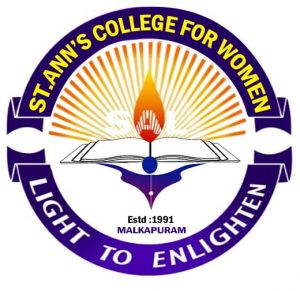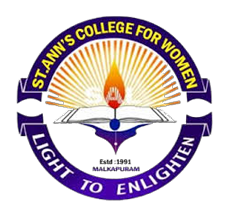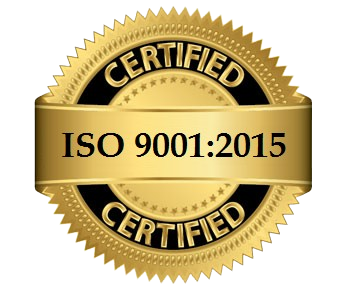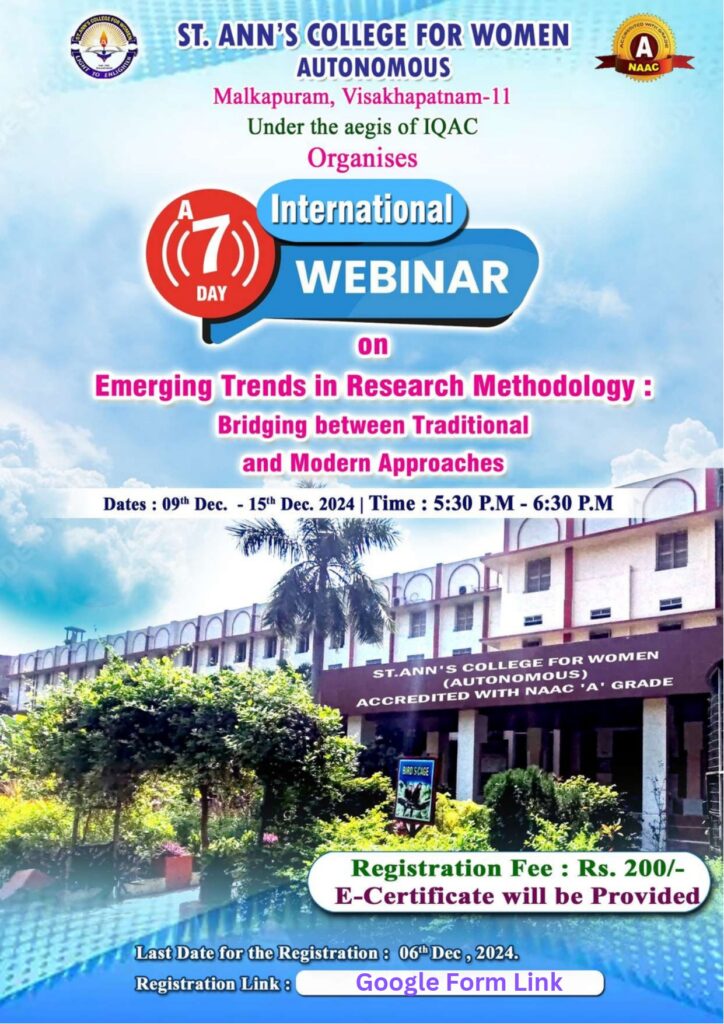
ST.ANNS COLLEGE FOR WOMEN
(Affiliated to Andhra University)
Door No: 62-2-104, Ramkrishnapuram,
Malkapuram, Visakhapatnam

Department Of Economics
OVERVIEW OF THE DEPARTMENT
Economics plays a role in our everyday life. Studying economics enables us to understand past, future and current models, and apply them to societies, governments, businesses and individuals.
Economics is the study of scarcity and its implications for the use of resources, production of goods and services, growth of production and welfare over time, and a great variety of other complex issues of vital concern to society.
Studying economics provides one with not just an understanding of human behaviour, but also cultivates in students the problem-solving, analytical, communication and persuasion skills that are critical for success in today’s job market.
RESOURCES OF LITREATURE
In economics, resource is defined as a service or other asset used to produce goods and services that meet human needs and wants.
Also referred to as factors of production, economics classifies resources into four categories — land, labour, capital and enterprise.
OBJECTIVES OF OUR DEPARTMENT
1. Students will learn how markets and other governance structures organize core economic activities, such as production, distribution, and consumption, and the growth of productive resources.
2. Students will be able to identify and explain economic concepts and theories related to the behaviour of economic agents, markets, industry and firm structures, legal institutions, social norms, and government polices.
3. Students will be able to integrate theoretical knowledge with quantitative and qualitative evidence in order to explain past economic events and to formulate predictions on future ones.
4. Students will learn about the determinants of macroeconomic conditions (national output, employment, inflation), causes of business cycles, and interactions of monetary and financial markets with the real economy, familiarizing themselves in the process with major economic theories of relevance.
5. Students will be able to identify the determinants of various macroeconomic aggregates such as output, unemployment, inflation, productivity and the major challenges associated with the measurement of these aggregates.
6. Students will be able to discuss the linkages between financial markets and the real economy, and how these linkages influence the impact of economic policies over differing time horizons.
7. Students will become familiar with the origins and implications of processes of international economic integration and differentiation, the basic features of the international financial and monetary systems, and their implications for national economic policy.
8. Students will be able to discuss the major economic theories of international trade, and to analyse the economic implications of alternative trade policy.
9. Students will be able to trace the development of the international financial architecture and of the international monetary system, and to evaluate the implications of different exchange rate regimes for domestic macroeconomic policy.
10. Students will become familiar with the history of economic thought and the controversies between its major schools of thought and contrasting theoretical approaches.
11. Students will be able to trace the origins of economic thought in the ancient world and its influence on subsequent schools of thought, including the scholastics and the emergence of early modern (Classical) economics.
12. Students will be able to discuss the links between the evolution of Western economies and the emergence of economics as a distinct discipline.



